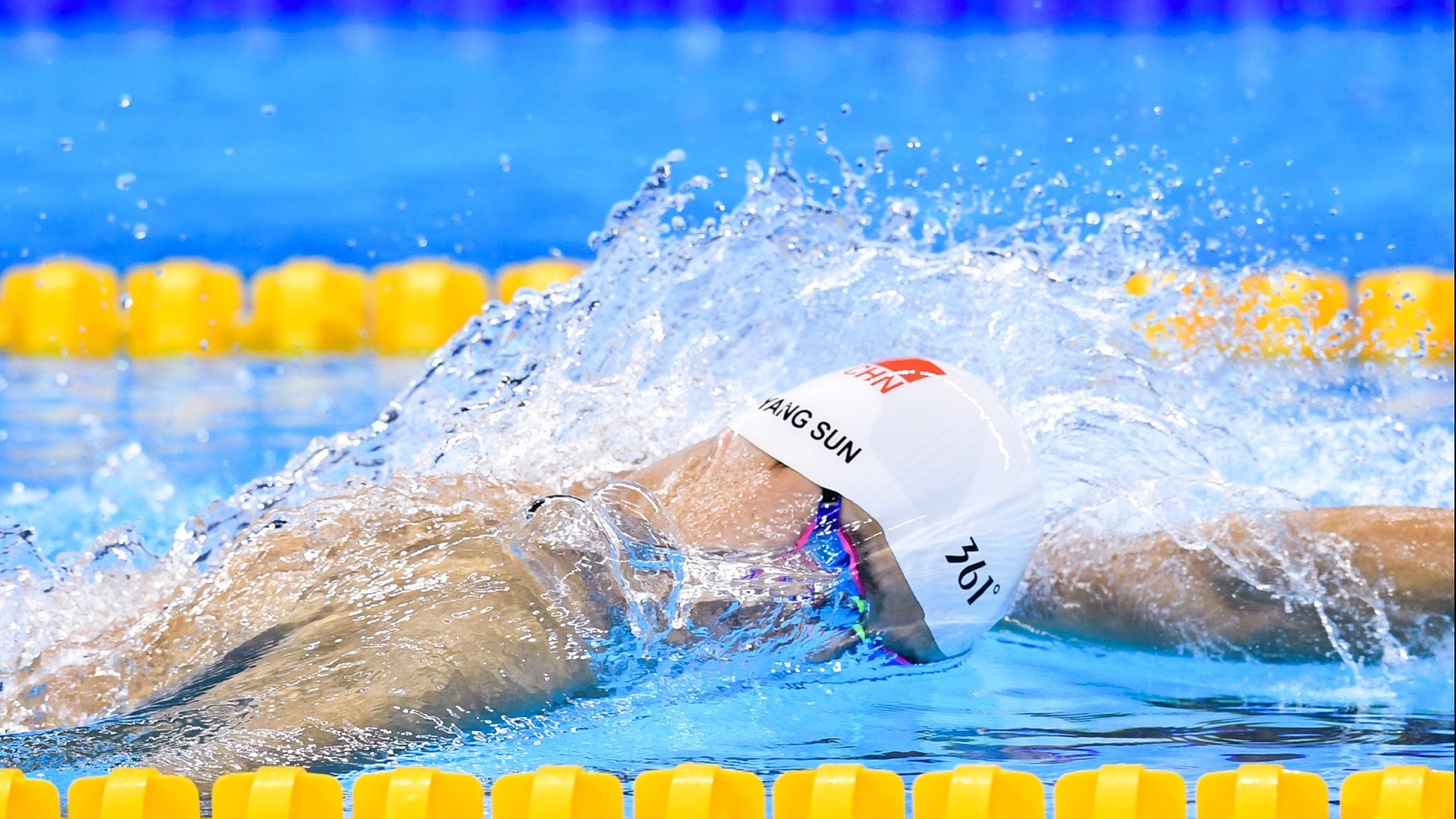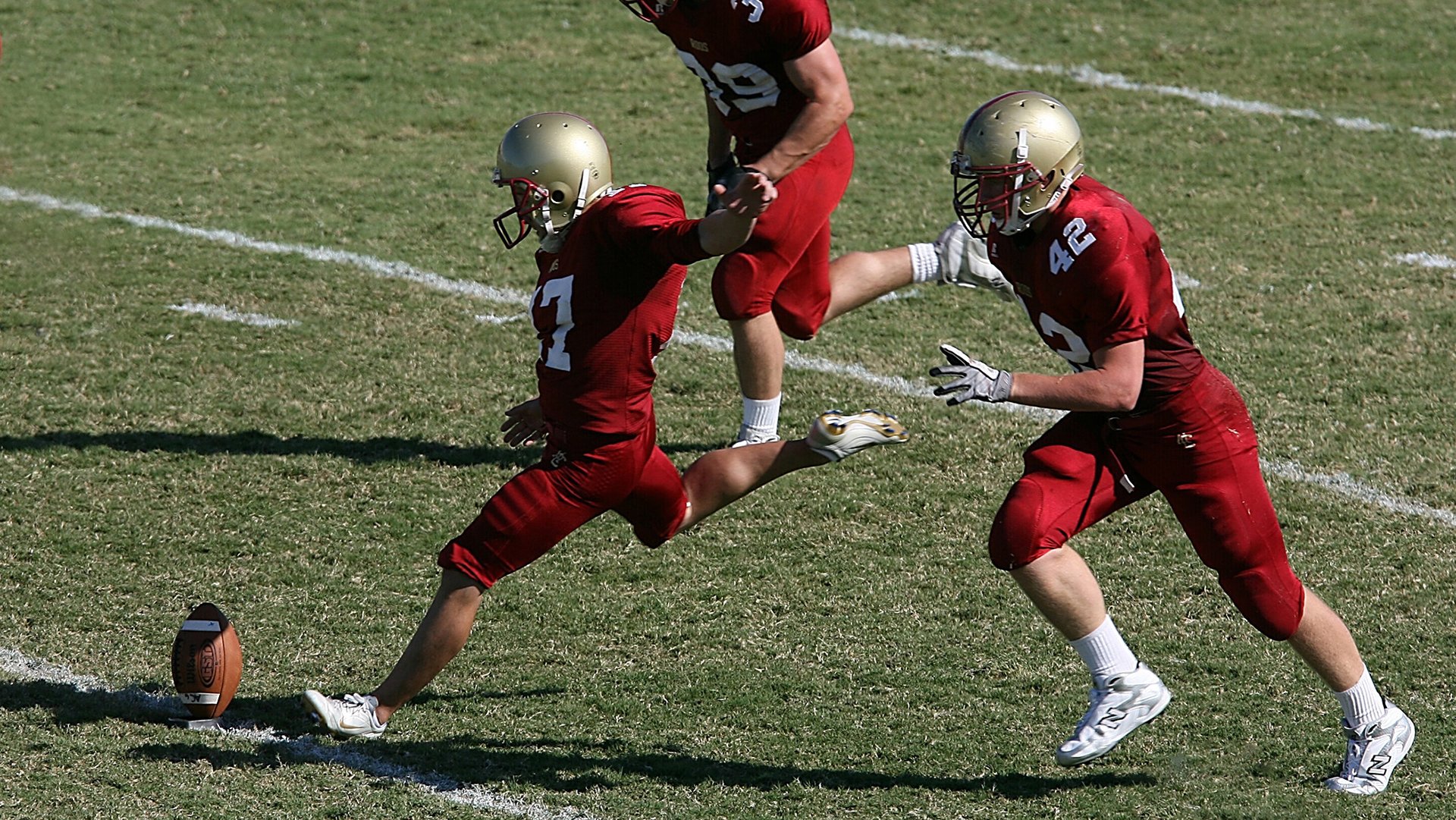Sports Identity Articles: A Comprehensive Guide
Understanding your sports identity is crucial for personal growth and success in the athletic world. Whether you're a seasoned athlete or just starting out, knowing your identity can help you make informed decisions about your training, competition, and overall sports experience. In this article, we'll delve into the various aspects of sports identity, providing you with a detailed and multi-dimensional introduction.
What is Sports Identity?
Sports identity refers to the personal characteristics, values, and beliefs that an athlete identifies with in relation to their participation in sports. It encompasses a wide range of factors, including your athletic abilities, personality traits, and the goals you set for yourself.
Identifying Your Sports Identity
Identifying your sports identity involves self-reflection and introspection. Here are some questions to help you get started:
- What sports do you enjoy the most?
- What are your strengths and weaknesses as an athlete?
- What motivates you to train and compete?
- What values do you hold dear in your sports journey?
Types of Sports Identity
There are several types of sports identity, each with its own unique characteristics. Here are some common types:

- Competitive Identity: Athletes with a competitive identity are driven by the desire to win and excel in their sport. They thrive on competition and often set high goals for themselves.
- Performance Identity: Athletes with a performance identity focus on improving their skills and abilities. They are committed to training hard and often seek feedback from coaches and teammates.
- Relational Identity: Athletes with a relational identity value the relationships they build through sports. They enjoy working as part of a team and often prioritize camaraderie over winning.
- Contribution Identity: Athletes with a contribution identity are motivated by the desire to make a positive impact on their sport or community. They may focus on mentoring younger athletes or participating in charitable events.
Developing Your Sports Identity
Developing your sports identity is an ongoing process. Here are some tips to help you along the way:

- Set Clear Goals: Define what you want to achieve in your sports journey. This could include winning a championship, improving your personal best, or simply enjoying the process.
- Seek Feedback: Regularly ask for feedback from coaches, teammates, and mentors. This will help you identify areas for improvement and stay on track.
- Stay True to Yourself: Remember that your sports identity is unique to you. Don't try to emulate others; focus on what makes you special.
- Embrace Challenges: Sports can be challenging, but embracing these challenges can help you grow as an athlete and as a person.
The Benefits of a Strong Sports Identity
A strong sports identity can have numerous benefits, including:
- Increased Motivation: Knowing your sports identity can help you stay motivated and committed to your goals.
- Improved Performance: A clear understanding of your identity can help you focus on areas that need improvement, leading to better performance.
- Enhanced Resilience: Athletes with a strong identity are better equipped to handle setbacks and adversity.
- Personal Growth: Sports can be a powerful tool for personal development, and a strong identity can help you grow as an individual.
Case Studies
Let's take a look at a few case studies to illustrate the importance of sports identity:
| Athlete | Sports Identity | Outcome |
|---|---|---|
| Jane Doe | Competitive Identity | Won multiple national championships in track and field |
| John Smith |










